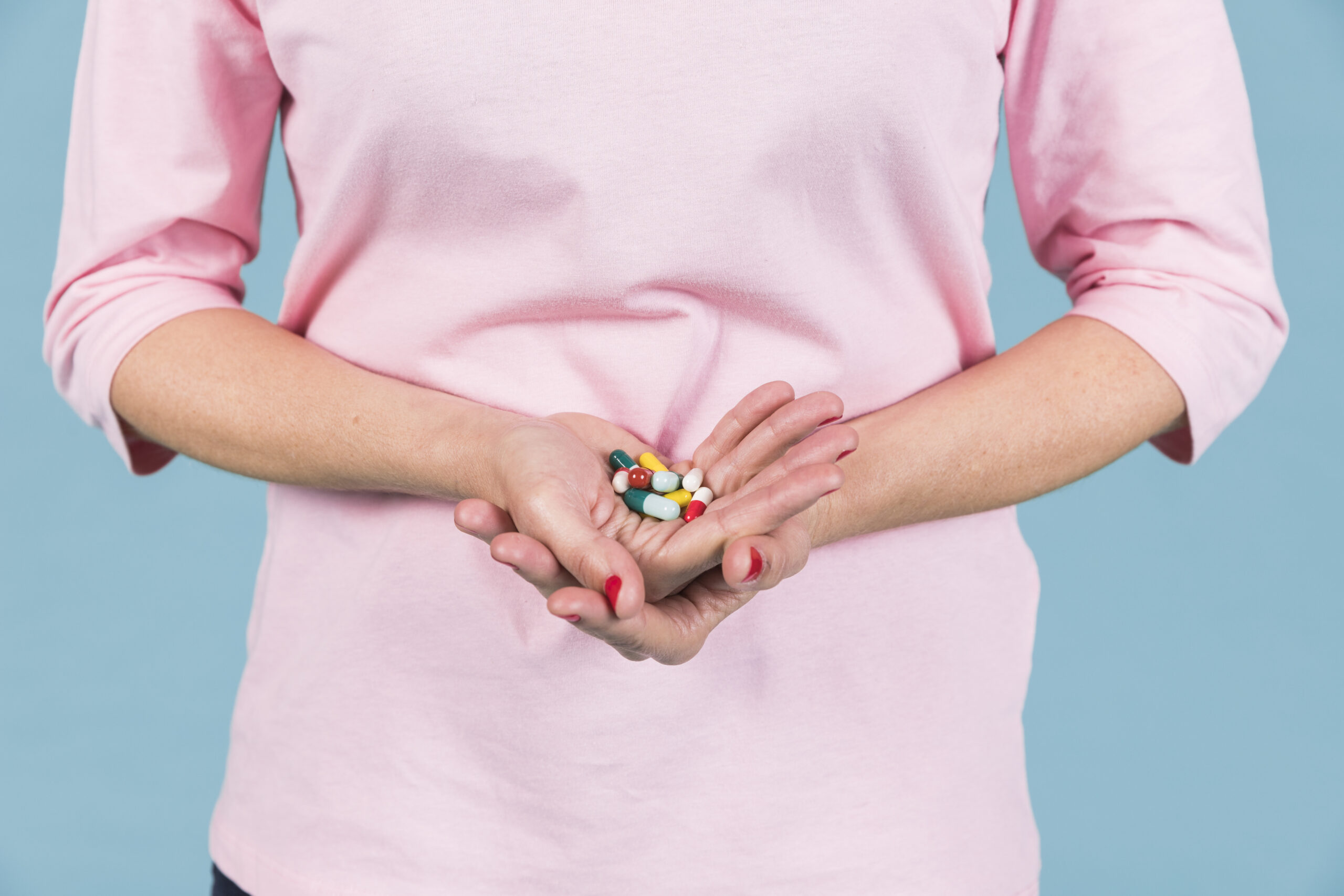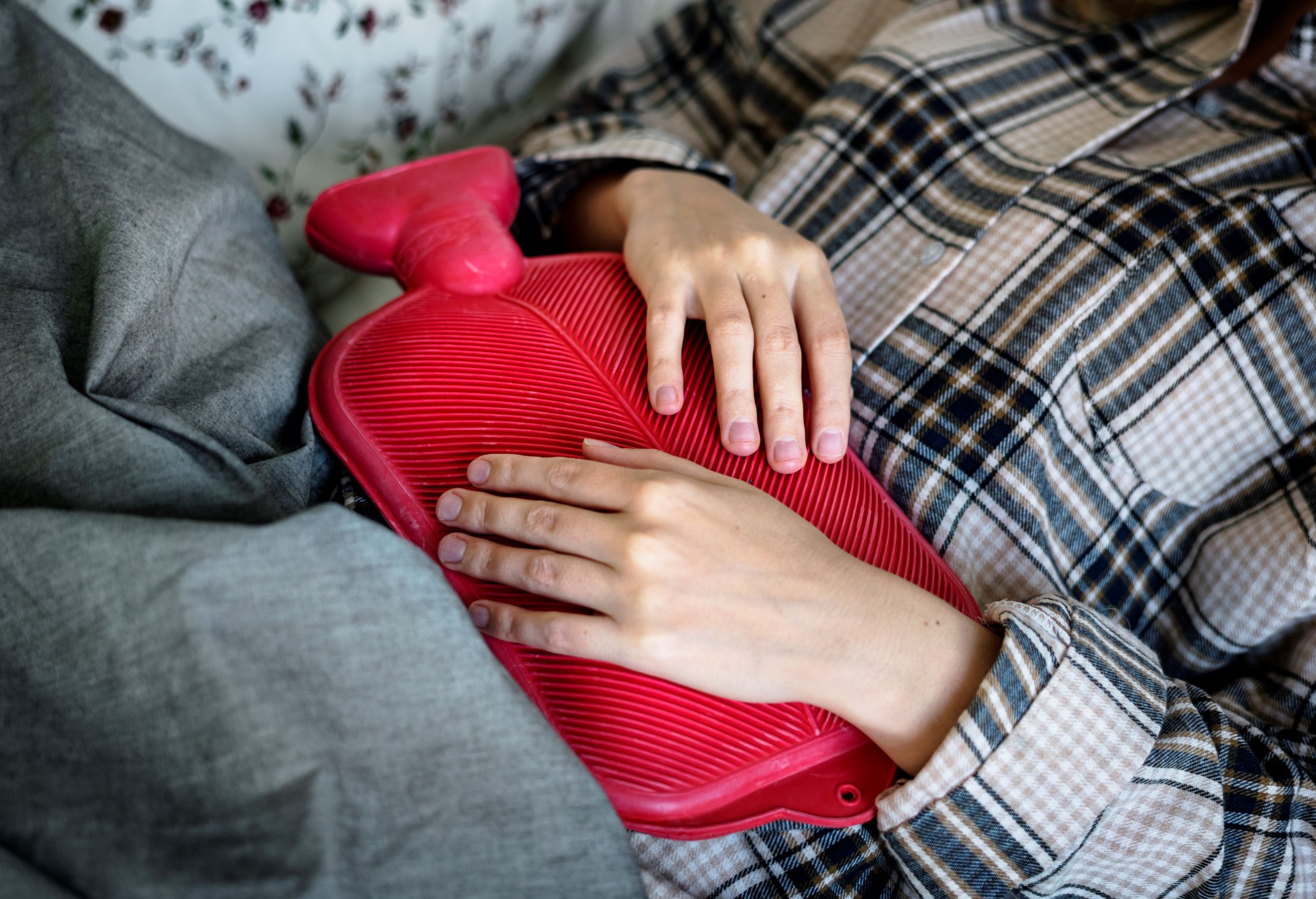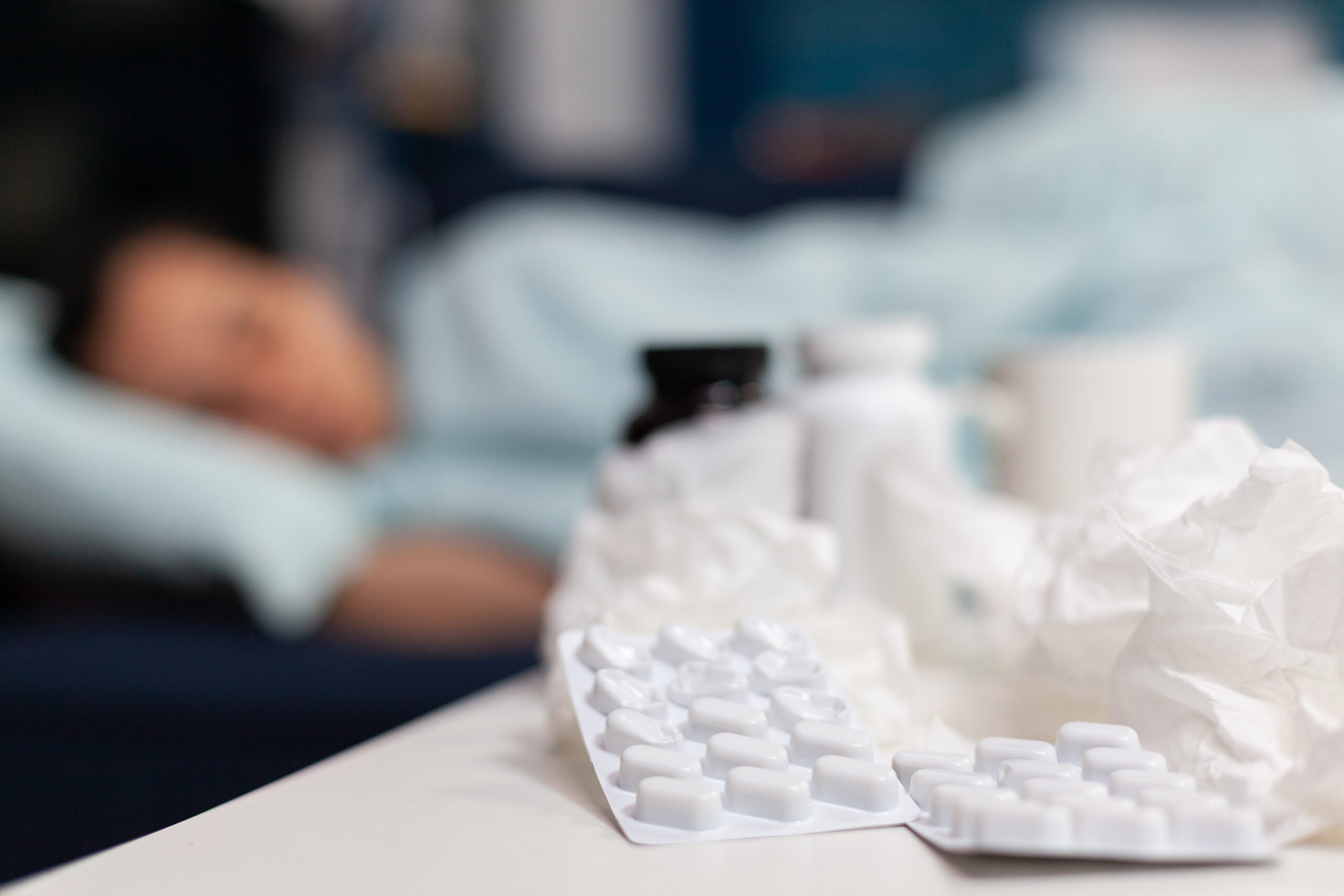Back To Top
Browse
Urinary tract infections (UTI’s) and Cystitis are conditions which involve inflammation and infection of parts of the urinary tract, including the bladder (cystitis).
These infections can cause general discomfort in the genital area, itching, redness, increased urge to urinate and a painful/burning sensation during urination.
UTIs and cystitis are generally treated with a combination of prescription antibiotics and over the counter pain relievers (analgesics).
You can browse meds for utis and cystitis medication online at our Meds For Less website and order the appropriate medication for you easily, reliably and securely to your home address in the next 24 hours.
Urinary Tract infections (UTI’s) and cystitis are related conditions which involve infection and inflammation of parts of the urinary tract.
A UTI is an infection of any part of the urinary system including the kidneys, the ureters, the bladder and the urethra. UTIs can be divided into upper UTI and lower UTIs.
Upper UTIs include infections of the kidneys (pyelonephritis) and ureters. These are rarer and more serious than lower UTI’s and symptoms can include symptoms like fevers, chills and back pain.
Lower UTIs include infection of the bladder (Cystitis) and of the urethra. Lower UTIs are more common and symptoms include pain during urination, frequent urge to urinate and discomfort in the lower abdomen.
UTI’s are caused by the colonisation and infection of bacteria that are not normally present in the urinary tract. The most common cause of a UTI is the E. coli bacteria, normally found in the digestive system, but if this bacterium gets into the urinary tract it can cause infection.
Cystitis is a specific infection of the bladder. It can be caused by a bacterial infection however causes can also be non-infectious.
There are four primary different types of cystitis:
Common symptoms of a lower UTI include a frequent and strong urine to urinate, pain or burning during urination, foul-smelling urine.
Common symptoms of a upper UTI include fever, back pain, chills and abdominal pain.
Common symptoms of cystitis are similar to those of a UTI including persistent urge to urinate, a burning sensation when urinating, a lower abdominal pain and feeling generally unwell.
As opposed to UTIs, cystitis has a dull , constituent localised ache around the bladder region that gets worse as the bladder fills. Both the urinary urgency and pain in the bladder are less relieved by urination during cystitis as opposed to UTI’s.
Diagnosing cystitis and UTI’s can be done through a combination of medical history, symptom assessment, physical exams and lab tests.
A medical provider can perform a symptom check and assessment for risk factors as well as a physical exam of the back and pelvis to check for signs of tenderness or pain.
Urine samples may also be analysed for signs of infection such as red blood cells, white cells and products of bacteria, in order to check for infection.
Urine cultures can allow one to identify the specific bacteria causing the UTI or cystitis.
UTI test cards can also be used at home to accurately, and reliably self test for UTIs.
Treating Cystitis depends on what type of inflammation it is, whether it is bacterial (most common) or noninfectious (such as interstitial or chemical cystitis).
For Bacterial cystitis, first line treatments cystitis medications are prescription antibiotics such as Nitrofurtanonin, Trimethoprim, and Fosfomycin. It’s important to complete the entire course of antibiotics even if and when symptoms improve.
Pain medications for cystitis can include ibuprofen and paracetamol can help to provide relief from pain and discomfort in the short-term. Urinary pain relievers such as pyridium may also be used as a pain medication.
Hydration and drinking plenty of water and fluids can help flush bacteria from the bladder. Drinking plenty of fluids can cause increased frequency of urination and the accompanying burning sensation due to the UTI, however this is beneficial overall due to its flushing ability.
For noninfectious interstitial cystitis, meds for cystitis including pentosan polysulfate sodium (Elmiron) , antihistamines or tricyclic antidepressants can help soothe the bladder and restore the bladder lining. Other methods of treating non-infectious cystitis include pelvic-floor therapy, dietary changes and bladder training.
Antibiotics are the primary treatment for bacterial UTIs, they target the bacteria causing the infection and help clear it up. The type, dosage and duration of antibiotics depends on the type and severity of infection.
The choice of antibiotics is guided by the location, severity and complications of the infection as well as how antibiotic resistant the strain of bacteria is. Being Pregnant or having allergies to, or the side effects of each antibiotic class can also change how they are used.
When taking a course of antibiotics for a UTI, ensure you complete the full course, even if symptoms improve and hydrate with plenty of fluids to flush and wash out the infection.
There are several options available for over the counter medications for utis and cystitis that can be used in the management of symptoms. These medications include:
o Phenazopyridine is a urinary analgesic that relives the discomfort, urge to urinate and burning sensation that’s associated with cystitis or utis
o Mirabegron helps relax the bladder and reduces the urge to urinate and frequency of urination.
o D-mannose sugar is a natural sugar that can help prevent certain bacteria like E.coli sticking to the walls of the urinary tract and thereby reduce the risk of UTI’s.
o Protects the skin around the genital area from developing infection, itching, redness or other discomforts arising from the effect of frequent urination.
Its important to note that these, over the counter meds for cystitis don’t cure the infection, but only relieve symptoms until a healthcare provider can be consulted.
Preventing cystitis involves a combination of lifestyle changes, hygiene practices, supplements and some med’s pill cystitis preventive measures.
Staying hydrated is an important preventive measure for cystitis as drinking plenty of water can help flush the bacteria out of the urinary tract and lower the risk of a UTI or cystitis.
Urinating regularly and fully to empty the bladder also ensures that bacteria are flushed/washed out, lowering the risk of infection.
Avoiding irritants to the urinary tract such as harsh soaps, douches and feminine sprays or powders can help maintain the normal balance of microbes in the genital region and lower the risk of developing cystitis or a UTI.
For more comprehensive information on how to prevent cystitis, please consult your healthcare provider.
Cystitis is a urinary tract infection (UTI) that most women will experience at some point during their lives. Although it can affect men as well, it is more common in women because their urethra (the tube through which urine exits the body) is shorter and closer to the anus, making bacteria easier to infect.
This widespread UTI is more common in pregnant, postmenopausal, or sexually active women (although it is not a sexually transmitted infection). Cystitis is characterized by frequent urination (accompanied by pain or stinging), a change in urine color (which could contain blood), and abdominal pain. It can also cause symptoms similar to a cold, such as aches and pains, fatigue, and nausea.
The infection usually lasts 4 to 9 days and can go away on its own, but most people prefer to have Cystitis treated medically because it can cause pain, discomfort, and inconvenience (from going to the toilet frequently).
Because there are many different types of cystitis, there are also many different causes, but they usually fall into one of two categories: bacterial and non-bacterial.
Bacterial Cystitis is the most common type, and it occurs when bacteria enters the urethra and causes infection. This can happen in a variety of ways, including poor toilet habits and hygiene, which is why women are always advised to wipe from front to back to reduce the risk of bacteria spreading from the anus to the urinary tract. Tight underwear can have the same effect, and wearing thongs can also spread bacteria.
Sexual intercourse is another common trigger, which is why women are advised to urinate after sex to flush any bacteria away. It’s also crucial to completely empty your bladder each time you go to the bathroom, as failing to do so can lead to an increase in bacteria and an increased risk of Cystitis. Diabetics are more likely to develop a UTI due to the sugar in their urine, which allows bacteria to grow more easily. If you already have an untreated sexually transmitted infection (such as chlamydia or gonorrhoea), you’re more likely to develop a UTI.
There are a variety of non-bacterial causes in addition to bacterial ones. Other medications or conditions can cause Cystitis as a side effect; certain medicines can cause inflammation of the urinary tract as they leave the body through urine, while existing kidney or spinal cord conditions can cause Cystitis as a side effect. Autoimmune diseases, as well as hypersensitivity to certain chemicals in bath oils, soaps, and sprays, can cause UTIs (because the body misidentifies the bladder cells as a foreign entity and attacks them).
Cystitis is easily treated with antibiotics like Trimethoprim, which clears the infection in a matter of days. You can use painkillers to relieve symptoms in addition to the antibiotic that actually clears the infection (such as discomfort when urinating or abdominal pain).
Aside from medication, there are a number of other factors that can help with Cystitis relief. The most important is to stay hydrated; drinking plenty of water will aid your body (particularly your kidneys) in flushing out the infection. Although many people believe that cranberry juice is particularly effective at this, there is no evidence that it is. However, if you’ve had Cystitis before and want to avoid it happening again, cranberry juice can help.
After the Trimethoprim has cleared your Cystitis, you should think about making some lifestyle changes to help prevent it from returning. Staying hydrated and drinking plenty of water – at least 1.6 litres per day – are important. This excludes sugary fizzy drinks, caffeine, and alcohol, so stick to water for the best results.
It’s also crucial to wash carefully and pay close attention to your hygiene, avoiding heavily perfumed soaps or lotions and opting for cotton underwear over synthetic fabrics. If you have Cystitis on a regular basis, you should shower instead of bathe, as this exposes the affected area to fewer chemicals over a shorter period of time.
You should keep a log to identify potential causes of your Cystitis, such as smoking and certain foods and drinks. While it may not be practical to avoid sex and certain forms of contraception, you should make sure you urinate after each sex and consider switching your contraception if you’re currently using a diaphragm.
The most effective meds for UTIs are antibiotics prescribed by a healthcare provider, such as nitrofurantoin, trimethoprim-sulfamethoxazole, or fosfomycin. These medications work by eliminating the bacteria causing the infection. It’s important to complete the full course of antibiotics to prevent recurrence or resistance. In addition to antibiotics, drinking plenty of water and urinating frequently can help flush out bacteria.
Yes, some over-the-counter medications for cystitis can help relieve symptoms such as pain and burning during urination. Products containing phenazopyridine can provide temporary relief by numbing the urinary tract, but they do not cure the infection. If symptoms persist or worsen, it’s crucial to see a doctor for a proper diagnosis and antibiotic treatment if necessary.
The pill for cystitis, typically referring to antibiotic treatment, works by targeting and eliminating the bacteria responsible for the infection. Depending on the severity, a short course of antibiotics (3-7 days) is usually effective. Some people may also use probiotics and urinary health supplements alongside antibiotics to support recovery and prevent future infections. Always consult a doctor for the right treatment plan.
Fast, Discreet, and Convenient
We're here to support :)
We are available Monday through Friday from 9am to 4pm. Do not use this service if you need urgent assistance. You should call 111 or 999 in an emergency. See our help section for more information.
Payment Options




| Cookie | Duration | Description |
|---|---|---|
| cookielawinfo-checkbox-analytics | 11 months | This cookie is set by GDPR Cookie Consent plugin. The cookie is used to store the user consent for the cookies in the category "Analytics". |
| cookielawinfo-checkbox-functional | 11 months | The cookie is set by GDPR cookie consent to record the user consent for the cookies in the category "Functional". |
| cookielawinfo-checkbox-necessary | 11 months | This cookie is set by GDPR Cookie Consent plugin. The cookies is used to store the user consent for the cookies in the category "Necessary". |
| cookielawinfo-checkbox-others | 11 months | This cookie is set by GDPR Cookie Consent plugin. The cookie is used to store the user consent for the cookies in the category "Other. |
| cookielawinfo-checkbox-performance | 11 months | This cookie is set by GDPR Cookie Consent plugin. The cookie is used to store the user consent for the cookies in the category "Performance". |
| viewed_cookie_policy | 11 months | The cookie is set by the GDPR Cookie Consent plugin and is used to store whether or not user has consented to the use of cookies. It does not store any personal data. |